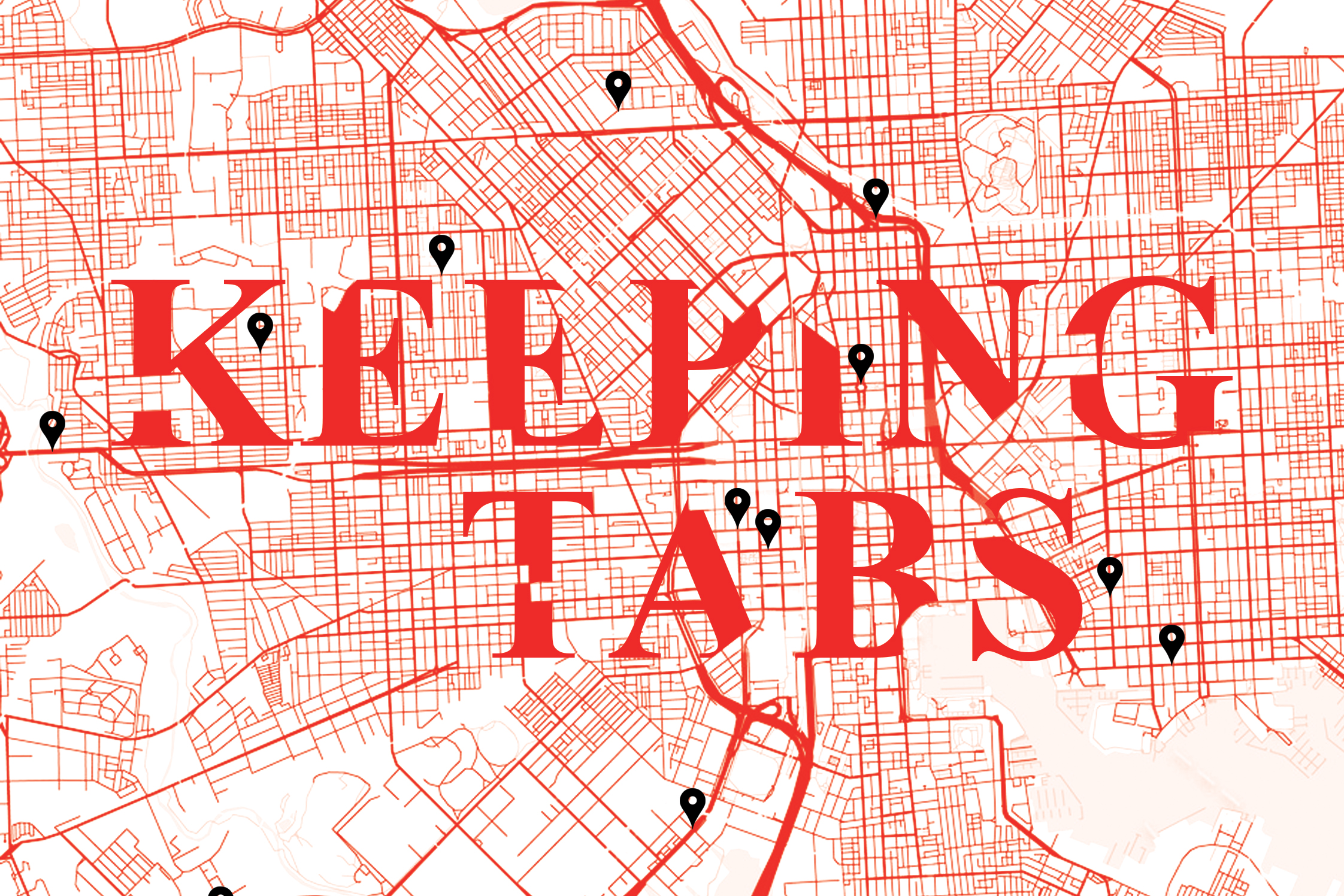
The kindness tax

A customer recently asked me why the pint I had served him cost 10 quid. He leaned over the counter where I studied the freshly poured drink (head overlarge, incriminating tracts of lager streaming down the sides). A fiver because it’s alcohol. Another two pounds because it’s a pub in the home counties, where every breath you take seemingly incurs 20 pence charge on your debit card. Two more in service charge… and then the ineluctable one pound kindness tax.
After breathing out a hastily formulated joke about inflation, I handed over his lager with a mechanical smile that stretched the skin of my bottom lip taut. His question lingered in my mind as I continued to perform a stilted choreography of measuring, charging, mopping, conversing. During that shift the dialectics of debt and ownership were not resolved by a symmetrical logic, but rather interrupted the rhythm of my physical movements. Where was the boundary between owning, and owing, labour? And to what extent was kindness a form of that? From the moment I clocked on to the moment my more authoritative (male) co-worker issued the last drunken (male) patron off the premises, my emotions were no longer under my control.
On my days off I see my friends. Two of them also work at their local pub; both shared my anxiety over losing their eternal souls to the cult of Guinness. These women, for the time that I have known them, are fiercely intelligent and thoughtful. However, they said that on shift they too forego these crucial personal attributes to fit the mould of the Appropriately Bubbly, Abidingly Compliant young female hospitality worker. This entails having veteran alcoholics patronise the way you pour their drinks (in my case valid; in others not), lithely sidestepping flirtatious banter from men old enough to be your father, amenably accepting comments about your age or appearance, and throughout it all, gritting your teeth to disguise the acidic aftertaste that floods your mouth every time. The nature of working a summer pub job means that you hold a temporary visa in a land whose culture is shaped by the paying customer. And to speak out against these routine indignities is to jeopardise an ecosystem that relies upon the scaffolding of casual misogyny for its continued longevity. My labour is replaceable, but losing business by alienating regulars in a radical act of boundary-setting is not.
Why does forcing myself to be agreeable feel like irrecoverable character compromise? Kindness is generally not transactional, and it is perhaps for this reason that we don’t think of it as being professionally advantageous. No one gets on a grad scheme by being nice. But after conferring with other people in similar situations, I’ve realised that for young women in the hospitality industry, kindness can become a sellable product. The reason, I think, that so many of us are attracted to jobs in pubs and bars is because our innate exuberance optimises the conditions of our employment. The physical and mental demands of working are somewhat mitigated by a socialiser’s zest for conversation. These conversations act as binding agents which cohere perfunctory interactions between customers and staff into something durable, something that makes people come back for more.
Over the last two months, I’ve had regulars talk to me about the physics behind black holes, the intricacies of British weaponry production in the 90s, the exacting standards of teenage delinquency in North London (graffitiing the tube is apparently a must), vituperative custody battles (often lost), and transformative trips to Australia. Most of these conversations are quite interesting. At times I have been genuinely moved by the care and respect that customers have extended to me in inquiring about university, my future aspirations, and any significant opinions I harbour about the weather. However, the bounds of my extroversion begin to strain under the realisation that as people get drunker, my professional kindness is deployed to amplify their voices, voices that occasionally verge on bigotry, racism, or harassment. Pour. Respond. Polish. Respond. Semi-obscured behind the counter, it is easy to be reduced to an appealing assemblage of smiles, small talk, and silence.
If Marxist orthodoxy can resonate with the modern woman, it is through this disempowering act of exploiting emotions for capitalist gain. Abdicating ownership of one’s kindness to the demands of hospitality work can be considered While factory workers are reduced to their singular function on a production line, the teenage/ mid-20s girl at your local pub watches the raw materials of her moral conviction dissolve into the inscrutable depths of an Aperol Spritz. Kindness has now become estranged from my ethical remit: I laugh at jokes I don’t find funny and grimacingly endure comments that would have sparked a heated argument had I been on the other side of the bar. The level of depersonalisation that this sacrifice exacts makes me feel smaller than the sum of my parts.
Being nice has become indicative of productivity rather than character. Like all profitable services, it demands a cost. When you lose control over this form of labour, it also seems like you’re losing control over the person you are, as the product of kindness is forcibly excised from the fabric of your character itself. The debt/ ownership dialectic which haunts my working hours speaks to this displacement of feelings, and the work which needs to be done to regain agency over them. Unfortunately, our society has yet progress to a stage where the emotional labour performed by service workers is recognised, yet alone compensated. While my initial recourse to Marxist thought would promote a wholesale dismantling of the hospitality industrial complex as it currently stands, my approaching reality as a finalist doesn’t free up much time to mobilise the battle of democracy between minimum wage workers and corporate executives. Maybe women should get more comfortable with the act of performing: halve the eternal soul into a professional and private kindness. Perhaps in this way our emotions can once again become known to us. ∎
Words by Innayat Brar. Image courtesy of Alice Robey-Cave.







